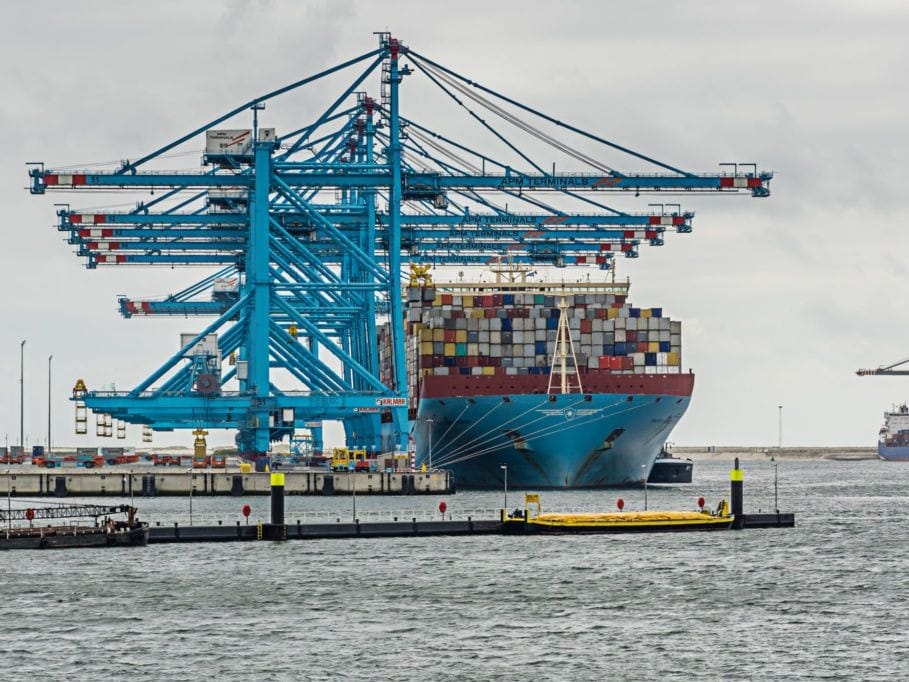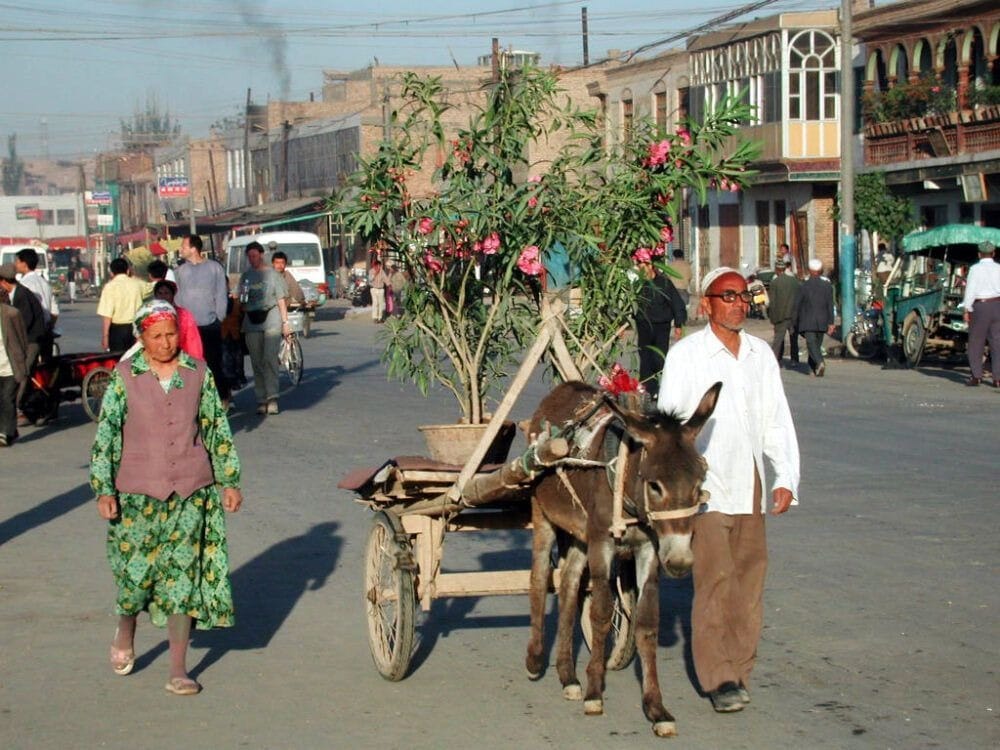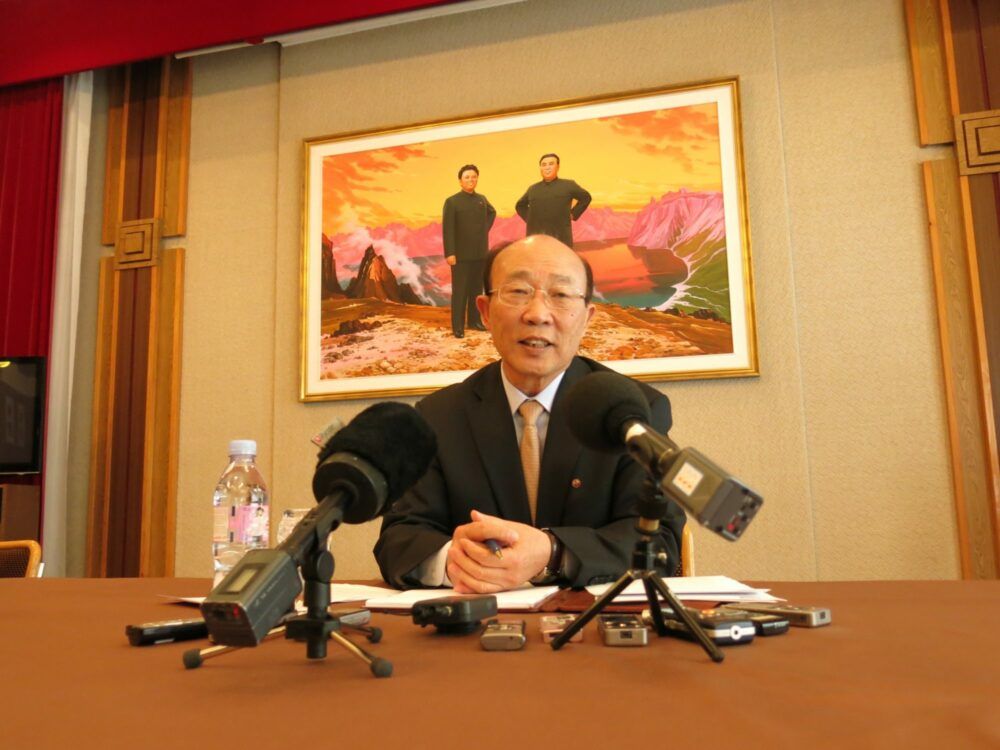
UNCTAD warns of 2020 global recession
UNCTAD cautioned there is "a clear and present danger" of a global recession in 2020 due to trade tensions, corporate debt and weaker growth worldwide.
Formerly known as UNCTAD, the U.N. agency says it aims to support developing countries in accessing the benefits of a globalized economy more fairly and effectively and in dealing with the potential drawbacks of greater economic integration. It provides analysis, facilitates consensus-building, and offers technical assistance to help nations use trade, investment, finance, and technology as vehicles for inclusive and sustainable development.

Already have an account? Log in
UNCTAD cautioned there is "a clear and present danger" of a global recession in 2020 due to trade tensions, corporate debt and weaker growth worldwide.
UNCTAD is looking at how to solve the climate crisis, particularly how sea level rise impacts small island nations.
Finance leaders from the world's 20 biggest economies projected moderate global growth and recovery later this year and into 2020, but warned of risks from a prolonged trade war.
Businesses and consumers are subject to "a patchwork of rules" from bilateral and regional trade agreements.
The International Maritime Organization requires industry upgrades and streamlining electronic information exchanges.
The biggest beneficiaries are likely to be the E.U., Mexico, Japan, Canada, South Korea, India, Australia and Brazil.
International organizations said the tit-for-tat tariffs will undercut a broad array of global development efforts.
A report shows continued but slowing recovery from the crisis that began in 2008 and almost toppled the financial system.
A summit with the U.S. could expand North Korea's little-known involvement with international organizations.
A new U.N. report sees growing economic benefits for Africa from more people moving to and within the continent.








